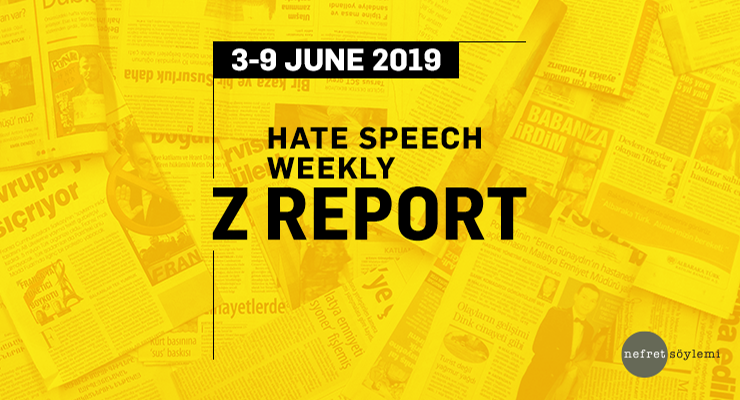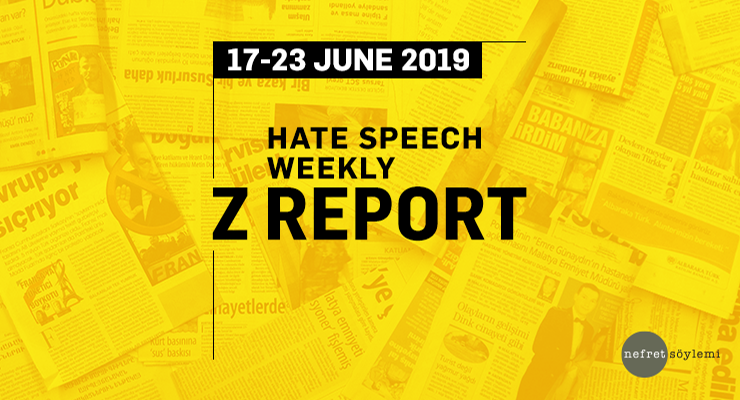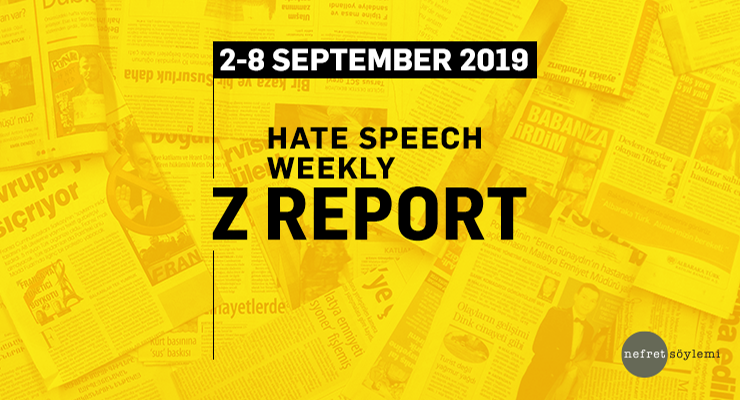Within June 24-30, 2019, three articles that generate hate speech were selected from print media. You can find these articles that contain hate speech against Syrians and Greeks as well as the analyses written about them below.1
1.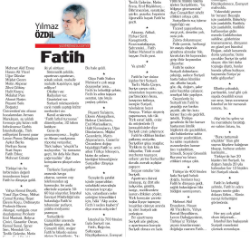
|
2.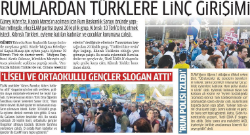
The article published in Milli Gazete with the title “Greeks’ attempt to lynching Turks” covers the claim that a group tried to lynch Turks during a protest in Southern Cyprus for demanding Varosha quarter is opened. Reporting the incident with the title “Greeks’ attempt to lynching Turks”, the newspaper reinforces negative opinions about Greeks and foments the perception of enmity about Greek identity. |
3.
Ahmet Zorlu, in his column title “Once again”, writes about political developments and changes in Turkey since 1919 and then compares the present with those times: “Even the petty Greeks started to defy us, can’t you see that this is because of the current situation of our army?” With these remarks, he reinforces the perception of enmity by insulting Greek identity. |
1.Within the scope of the media monitoring work focusing on hate speech, all national newspapers and around 500 local newspapers are monitored based on pre-determined keywords (e.g. Traitor, apostate, refugee, Christian, Jewish, separatist, etc.) via the media monitoring center. While the main focus has been hate speech on the basis of national, ethnic and religious identities; sexist and homophobic discourses are also examined as part of the monitoring work.


